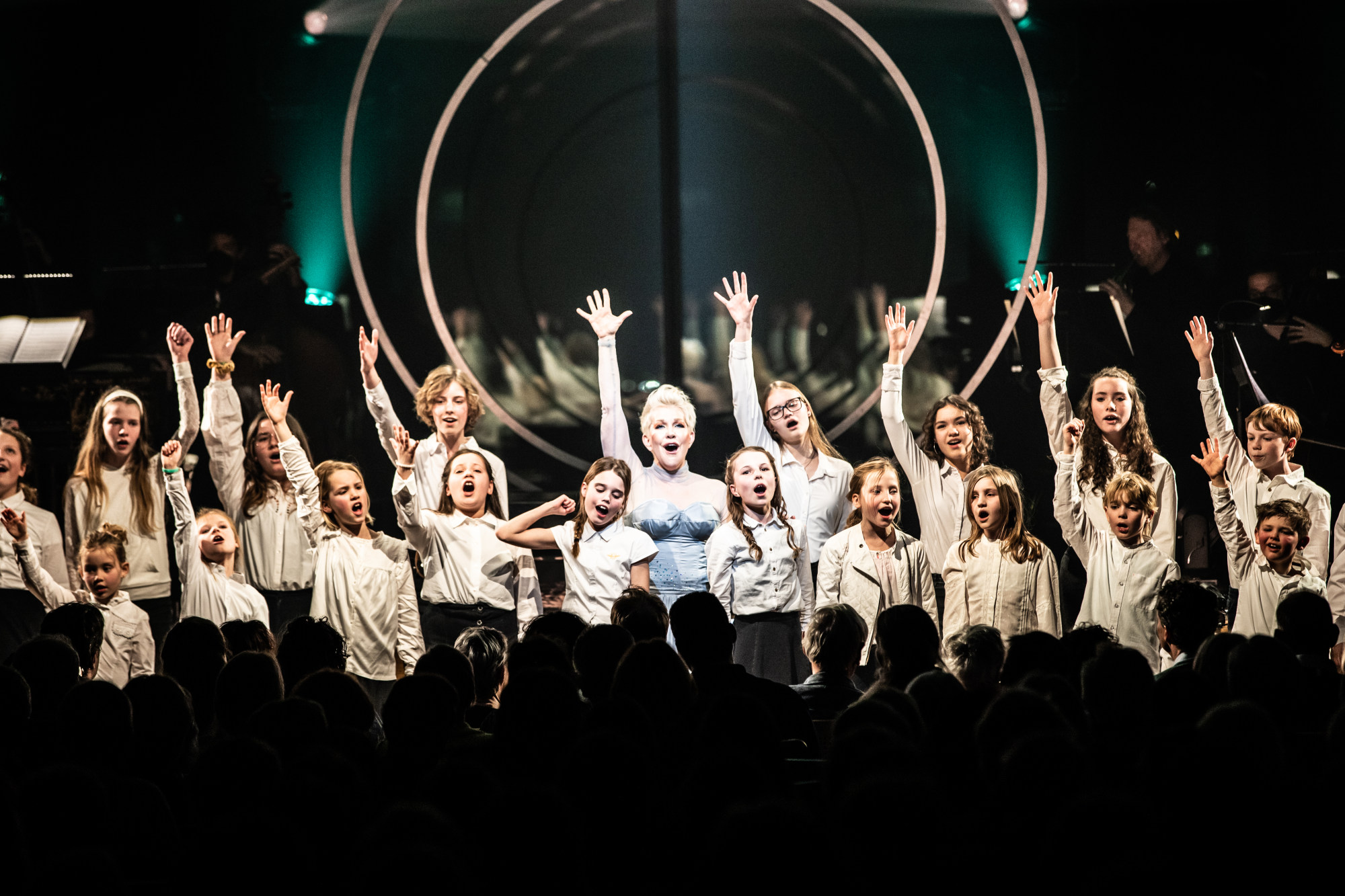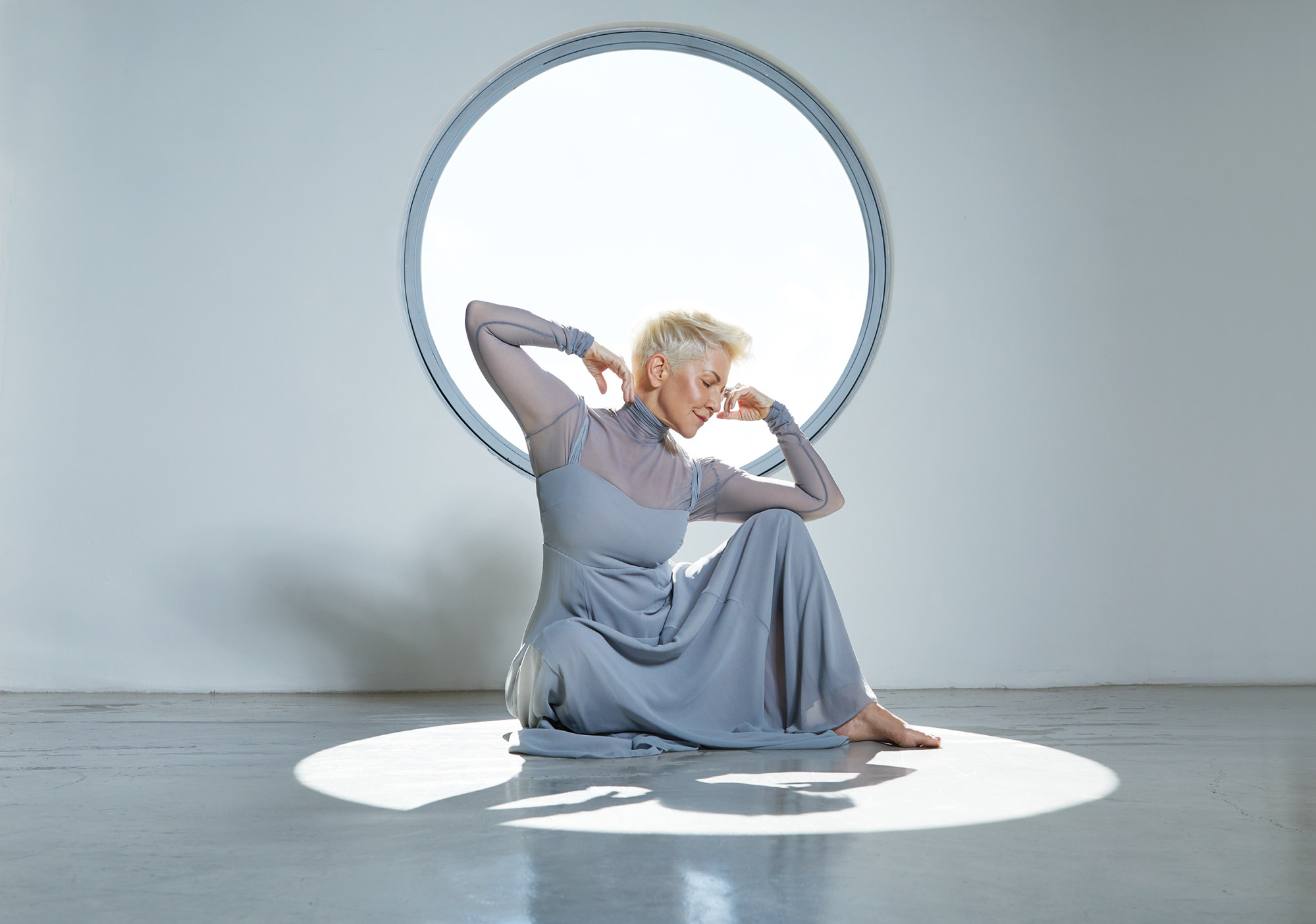For multiple Grammy Award-winning opera star Joyce DiDonato, the impacts her performances have outside the concert hall have become as important as the pleasure the audience feels inside.
The 55-year-old American mezzo-soprano has had an extraordinary career, singing at all the world’s top opera houses, and has released highly rated, genre-defying albums such as 2019’s Songplay that blends opera with jazz.
Since 2015, following the terrorist attacks in Paris, her shows have increasingly included social and political messages about such topics as prison reform, conflict and the global refugee crisis.
Her latest show, Eden, which comes to Hong Kong on June 3, is an attempt to bring the audience closer to nature at a time when humans’ relationship with the planet has reached crisis point.
Speaking to the Post ahead of the performance, in which she will be accompanied by regular collaborators the ensemble il Pomo d’Oro, DiDonato says the aim of the show is to project nature as a perfectly balanced mystery, one to which humans are integral.
Eden is a fusion of music, theatre and movement, in which DiDonato juxtaposes works from four centuries – the 14 pieces featured are from composers born between 1594 and 1960.
Among them are 17th century composer Biagio Marini, Christoph Willibald Gluck from the 18th century, Gustav Mahler from the 19th century, and Oscar-winning 20th century composer Rachel Portman.
“It felt quite daring at the beginning because it seemed we were breaking some unspoken tradition that classical music concerts must unfold chronologically, yet the priority for me was the narrative,” DiDonato says.
“In fact, with each concert I give I feel more and more that these pieces were always meant to be side by side. I find it truly enlightening to hear Mahler’s peaceful harmony bump right up to a Baroque piece of Marini!”

The interweaving of pieces from different eras works precisely because nature is timeless.
“Nature has inspired the greatest of composers and poets, and as I pulled from four centuries of music, it became more and more concrete that the themes we are hungry to explore as human beings have been present all along,” she says.
The abstract set on which Eden is performed is an invitation to the audience to imagine what their personal Garden of Eden might look like. Not only that, they can take home seeds to grow their own miniature Eden – over the past two years of performing the show, DiDonato has given out 70,000 seed packets to audience members.
She would like people to cultivate and nurture something outside themselves, she says.
In each city she performs, different seeds are given out, and in Hong Kong, audience members will be given lavender seeds – lavender being a gorgeous yet unfussy plant that can grow just about anywhere, and which offers a natural remedy for stress and exhaustion.

“I’d like each person attending to be comforted by the reminder that we are nature, our very selves. We are a vibrant part of this incredible planet that so generously gives us air to breathe and water to drink, food to nourish ourselves and sun to fortify us,” says DiDonato.
“Our urban jungles – as thrilling and vibrant as they are – can easily rob us of the perspective of where we actually come from, which brings a sense of separation. I want each audience member to feel connected again, and full of hope that we can nurture and grow in this connection.”
“Eden”, Joyce DiDonato and il Pomo d’Oro, Concert Hall, Hong Kong City Hall, June 3, 7:30pm. Tickets available via art-mate and pphk.org.

